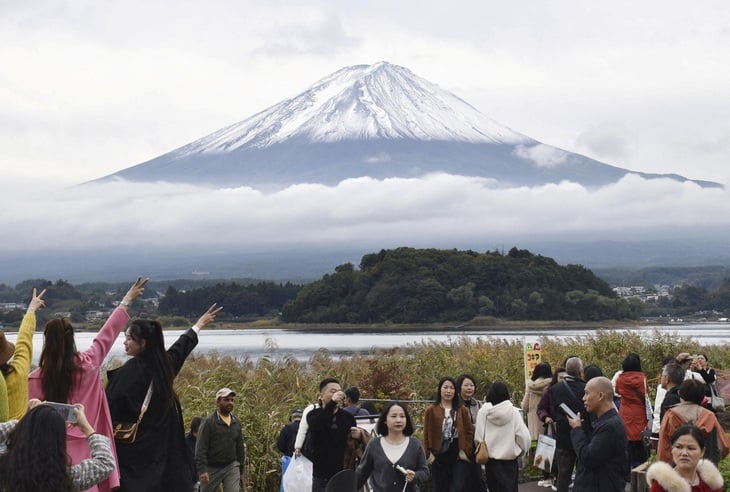
Tourists look at Mount Fuji covered in the first snow of the season, Yamanashi province, Japan, October 23 - Photo: REUTERS
Theo Nikkei Asia , động thái tăng thuế xuất cảnh của Nhật Bản nhằm tạo thêm nguồn lực ứng phó tình trạng quá tải du lịch , vốn ngày càng gây áp lực lớn lên hạ tầng và đời sống tại các điểm đến nổi tiếng.
The so-called “International Tourist Tax” is included in the price of airline and cruise tickets. Due to the explosive increase in international visitors, revenue from this tax is expected to reach a record 52.4 billion yen (over 338 million USD) in fiscal 2024.
However, the Japanese government believes that current revenues are no longer sufficient to meet urgent needs arising from the rapid recovery of tourism.
According to Nikkei Asia , within the ruling Liberal Democratic Party (LDP), there is much support for raising taxes to provide more budget to deal with problems such as traffic jams, waste, lack of parking, and the growing need for mandatory reservation systems at popular tourist attractions.
The Japanese government wants to finalize the plan before the end of this year, after discussions with the tax commission and relevant agencies.
However, another risk is also taken into account: higher taxes could make Japanese less likely to travel abroad.
To avoid the opposite effect, the government is considering reducing passport issuance fees, currently 15,900 yen ($102.6) for a 10-year passport when applied for online.
Still, reducing the fees would mean amending the Passport Law, a step that would require broad consensus.
According to the Japan National Tourism Organization (JNTO), the country will record 36.87 million international visitors in 2024, the highest number in history. On the other hand, only 13 million Japanese people will go abroad, 35% lower than in 2019.
The weak yen is seen as a factor attracting international tourists to Japan while Japanese people are deterred by the rising cost of foreign travel.
While many localities clearly benefit from tourism, overcrowding puts pressure on local communities, from lack of accommodation, traffic congestion to landscape degradation.
The government said the higher departure tax would help build more parking lots, add trash bins, improve public transport and help tourist areas adopt a reservation model to control the flow of people.
Source: https://tuoitre.vn/nhat-ban-can-nhac-tang-gap-ba-thue-xuat-canh-cho-du-khach-20251113141054035.htm







![[Photo] Deep sea sand deposits, ancient wooden ship An Bang faces the risk of being buried again](https://vphoto.vietnam.vn/thumb/1200x675/vietnam/resource/IMAGE/2025/11/13/1763033175715_ndo_br_thuyen-1-jpg.webp)






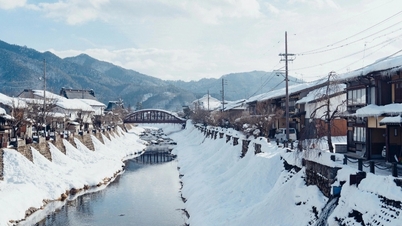






















































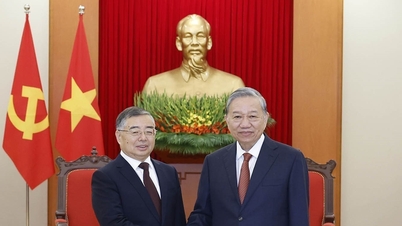











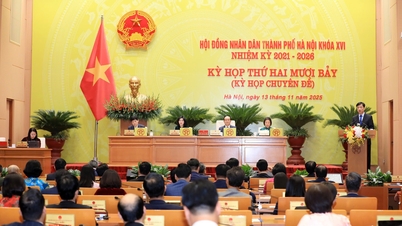








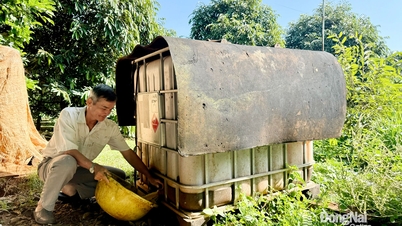









![Dong Nai OCOP transition: [Article 3] Linking tourism with OCOP product consumption](https://vphoto.vietnam.vn/thumb/402x226/vietnam/resource/IMAGE/2025/11/10/1762739199309_1324-2740-7_n-162543_981.jpeg)







Comment (0)